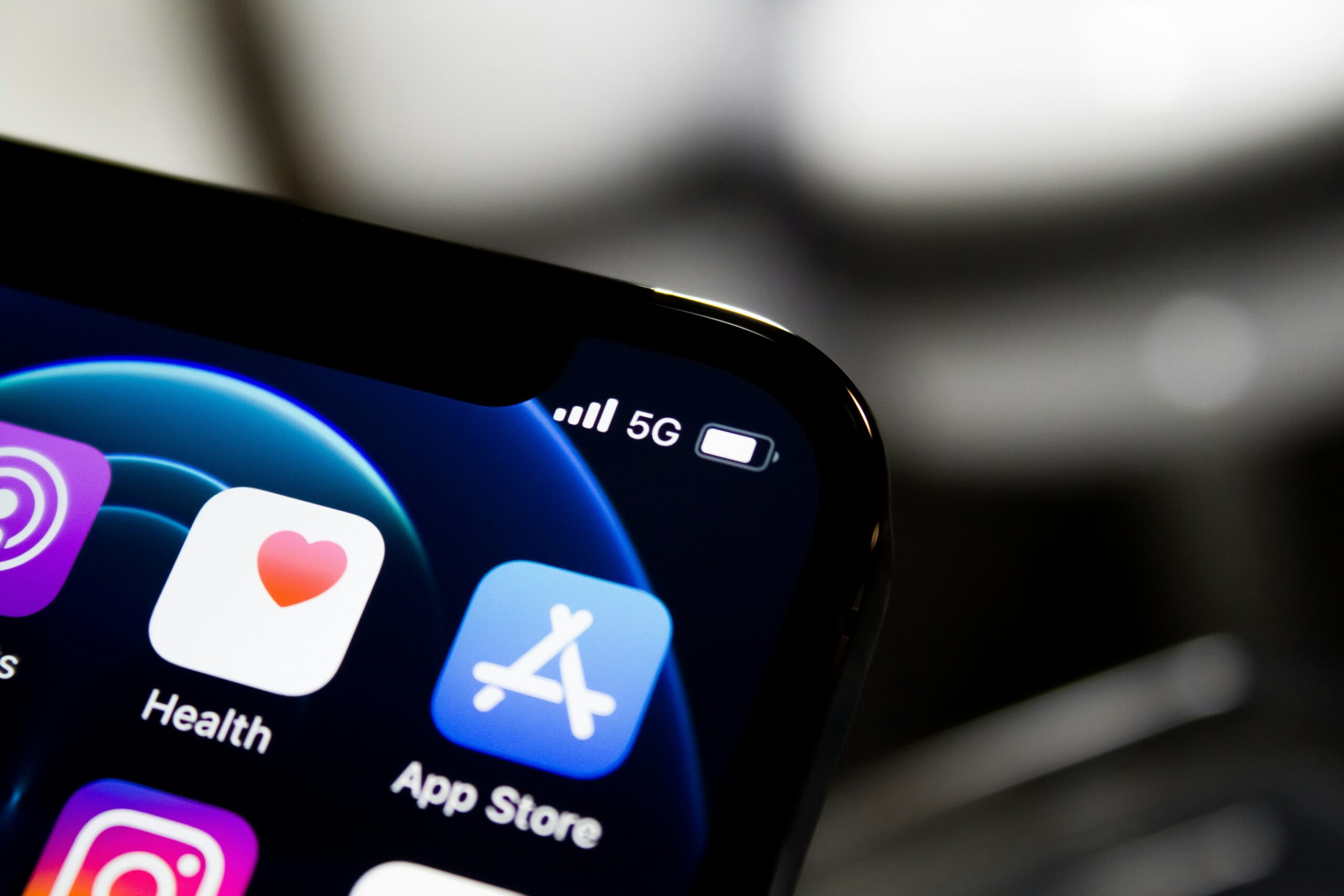Why China is cutting WhatsApp and Threads from the App Store. Report Nyt

Apple said it removed WhatsApp and Threads from its apps offering for China on orders from Beijing, amid technological tensions between the United States and China, writes the New York Times.
Apple said on Friday it had removed the Meta-owned WhatsApp and Threads apps from its app store in China on government orders, potentially escalating the tech war between the United States and China, the New York Times reports.
APPLE'S POSITION
The iPhone maker said China's Internet regulator, the Cyberspace Administration, had ordered the removal of WhatsApp and Threads from its app store due to national security concerns. Apple said it complied because “we are obligated to follow the laws of the countries in which we operate, even when we disagree.”
WHY THE CHINESE GOVERNMENT HAS ORDERED THE REMOVAL OF WHATSAPP AND THREADS
A Meta spokesperson referred requests for comment to Apple. The Wall Street Journal previously reported Apple's removal of the apps.
A person briefed on the situation said the Chinese government found incendiary content about Chinese President Xi Jinping on WhatsApp and Threads that violates the country's cybersecurity laws. It is unclear what the specific contents are.
ALL THE CHINESE “CLEANLINESS” ON THE APP STORE
Several other global messaging apps were also removed from Apple's App Store in China on Friday, including US-based Signal and Dubai-based Telegram, according to Appfigures, a market research firm that analyzes the digital economy.
THE TIKTOK BLOCK IN AMERICA
The moves have pushed Apple and Meta into an escalating technology fight between the United States and China.
In the United States, Congress (first the House of Representatives then the Senate) has passed a law that will force the Chinese internet company ByteDance to sell its popular video application TikTok or ban it in the United States .
US lawmakers have said TikTok poses a national security threat due to its ties to China. Chinese officials have condemned the push to force the sale of TikTok.
IN THE WAKE OF THE TECHNOLOGICAL WAR BETWEEN USA AND CHINA
The White House has also recently worked to limit Beijing's access to advanced technologies that could be used in warfare, as well as to extend restrictions on U.S. dollars used to finance the development of such technologies within China's borders. Beijing responded by banning memory chips from American chipmaker Micron and sought to limit sales of other American chipmakers.
FACEBOOK AND INSTAGRAM HAVE BEEN BLOCKED IN CHINA FOR A LONG TIME
China has long blocked American websites, including Facebook and Instagram, using an elaborate system called the Great Firewall. Although WhatsApp, one of the world's most popular messaging services, and Threads, an X-like app for digital conversations, have been admitted to app stores, they have not been widely used in China. The apps have been overshadowed by Chinese ones such as WeChat, owned by Chinese internet company Tencent.
THE CHINESE HAVE DOWNLOADED WHATSAPP AND THREADS
However, Chinese users were able to download WhatsApp and use it with the help of a virtual private network, or VPN, used to create secure web connections and view content banned in China.
WhatsApp has been downloaded 15 million times on iPhones in China since 2017, while Threads has been downloaded 470,000 times, according to Appfigures.
THE VULNERABILITY OF THE CUPERTINO GIANT
Apple has been more vulnerable than most companies to rising tensions between the United States and China. It has become one of the world's most valuable public companies by leveraging China's vast labor and manufacturing forces to build its iPhones and then sell the devices to the country's growing middle class. China now accounts for about a fifth of Apple's annual sales, more than $68 billion last year.
For years, Apple has bowed to Beijing's demands to block a variety of apps, including newspapers, VPNs and encrypted messaging services. It also built a data center in the country to host Chinese citizens' iCloud information, which includes personal contacts, photos and emails.
TIM COOK LOOKS TO INDIA AND VIETNAM TO ASSEMBLE IPHONES
As relations between the United States and China deteriorated, Apple began to diversify its supply chain and began assembling iPhones, AirPods, and Apple Watches in India and Vietnam.
Tim Cook, Apple's chief executive, was in Asia last week, where he visited suppliers in Vietnam and spoke to the president of Indonesia about building a manufacturing plant there.
THE CONSEQUENCES FOR META
For Meta, the repercussions will likely be less direct, given that many of its apps have already been banned in China. However, Meta makes money from Chinese companies such as Temu and Shein, which pay to place advertisements on Instagram and Facebook.
THE NOT SIMPLE RELATIONSHIPS BETWEEN THE TWO AMERICAN BIG TECH
Meta and Apple have long had an uneasy business relationship. Apple has introduced more restrictions on the types of tracking companies can perform on its devices, severely limiting Meta's ability to gain insights into user behavior for its digital advertising business. Mark Zuckerberg, CEO of Meta, has publicly railed against what he believes are Apple's overly restrictive privacy guidelines.
(Extract from the eprcomunicazione press review)
This is a machine translation from Italian language of a post published on Start Magazine at the URL https://www.startmag.it/innovazione/ecco-perche-la-cina-ha-ordinato-ad-apple-di-rimuovere-whatsapp-e-threads-dallapp-store/ on Thu, 25 Apr 2024 06:09:34 +0000.
